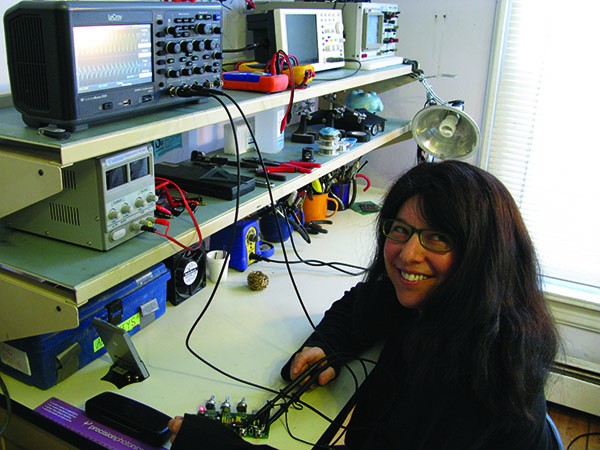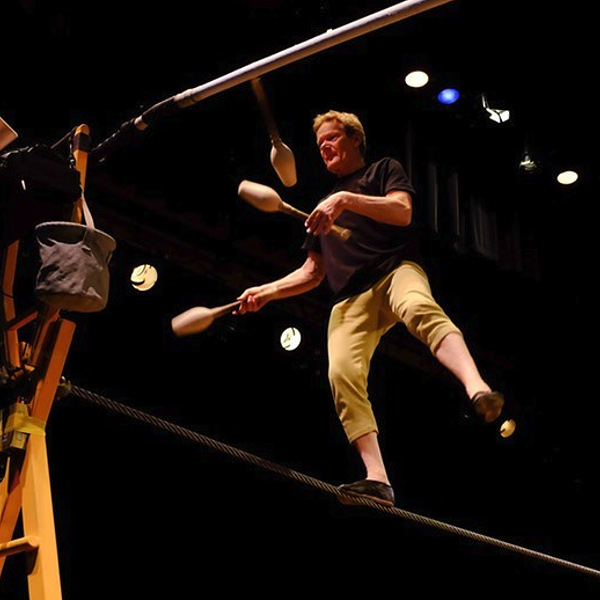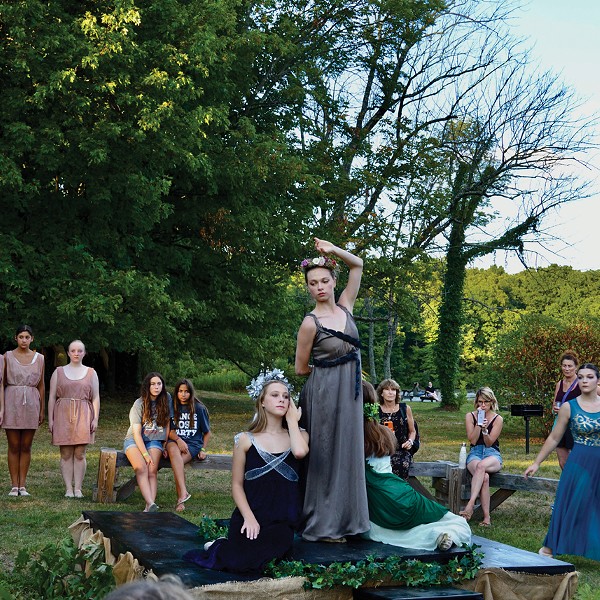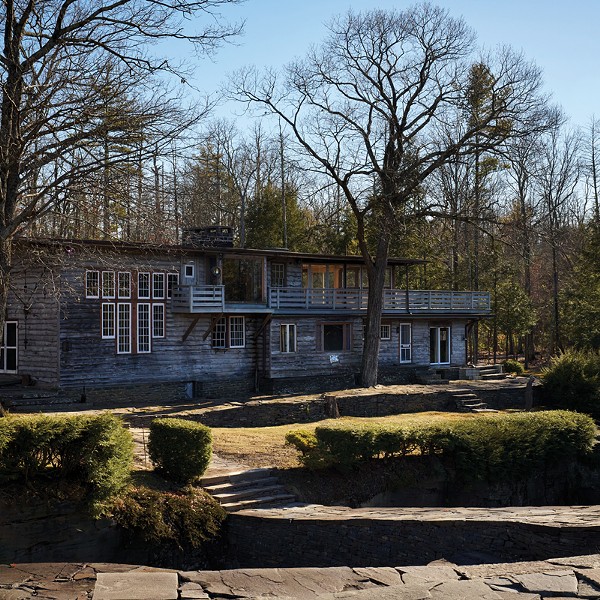
A Kingston resident who works remotely as a programmer for Basecamp's security and performance team, Eileen Uchitelle is part of an economic resurgence that's sprouting up in living rooms, basements, and small offices overlooking the main streets of Kingston, Hudson, Poughkeepsie, and Beacon. Uchitelle, who started her digital career as an intern at Evolving Media Network and got the job at Basecamp after freely contributing to the Basecamp framework, is one of the many programmers who've moved to the Hudson Valley. To help meet others in her field in an area where everyone's spread out and sequestered away in their home offices, she recently co-organized a code developer meet-up in Kingston. "The tech community in the area is growing," she says, noting that all 45 spaces of the meeting were filled.
As a female tech worker, however, Uchitelle is atypical. Women constitute only a tiny percentage of the tech workforce. As the tech sector builds momentum in the Hudson Valley, bridging the gender gap is a key goal.
In the last decade, tech entrepreneurs have been moving to the area from the city, attracted to the Hudson Valley's affordability and excellent quality of life. (It's a trend Ulster County's Economic Development Office is hoping to capitalize on, by launching a campaign targeting the sector that included a free "red carpet" tour of the county September 12 for tech entrepreneurs it hopes to lure to the area.) The Hudson Valley Tech Meet-Up, launched just over a year ago by the owners of Kingston-based Evolving Media Network and Mark + Phil, a digital marketing company based in Poughkeepsie, has nearly 600 members. Video conferencing is just one of the tools enabling companies such as Hale Advisors, a digital marketing consultancy firm focused on the health care industry, to be based in Uptown Kingston—more than 90 miles away from its nearest client. "We do a lot of driving," says co-owner Beth Bengtson.
But most of the tech newcomers are men. Hale Advisors is one of the few women-owned tech firms in the area, and Bengtson says she's noticed the events at the Hudson Valley Tech Meet-Up, while well attended, "are very male dominated." "Part of our mission as a women-owned company is to support other women," says Bengtson's business partner Zoe Dunn, who notes that the firm donates one percent of its revenue to women-focused charities.
The gender inequity that exists regionally is a mirror of a nationwide demographic. While women constitute 57 percent of the labor force, only 26 percent are employed in computer and mathematical occupations, according to the Department of Labor. More women are earning undergraduate degrees than men—57 percent, to be precise—but only 14 percent earn a computer science degree; that's a shocking reduction from 1985, when 37 percent of computer science degrees were earned by women, according to an article in the October 29, 2013 Atlantic titled "We Need More Women in Tech: The Data Prove It." Female software developers, computer and information systems managers, and computer programmers earn roughly 85 percent of what their male counterparts make.
Women are missing out of an economic sector that's booming. Four years ago, when Hale Advisors was launched, "digital was something outside of everything, which gave us the opportunity to become experts in a niche area," says Dunn. "Now digital is everywhere, and it is challenging an industry like health care to modify their communications leveraging many digital platforms, such as social media, mobile, multichannel, multi-screen, desktop, and wearable devices. There's even a chip that's imbedded in a pill to help with adherence to taking your meds."
Though they are in a small minority, several of the women in the tech industry in the Hudson Valley are high profile, speaking at conferences, forming groups, and actively reaching out to women in their profession. One is Nitya Narashimhan, a software engineer who grew up in India, earned her PhD in California, and worked as a researcher at Motorola in Chicago before relocating to Hopewell Junction with her husband, an IMBer, in 2009. Narashimhan started a Google Developer Group (GDG) in the Hudson Valley, inspired by the GDG in New York City, which she had regularly attended and has 5,000 members, making it the second-largest GDG in the nation. Google Glass and other relatively new platforms and are presented to local developers eager to create new applications. The Hudson Valley GDG sponsors a monthly hack night—people learn how to write Polymer, Meteor, JavaScript, or other code. Narashimhan, who works as a consultant and teaches at SUNY New Paltz and Dutchess Community College, is also planning a hackathon—a meet-up in which people build an app over the course of 48 hours—in the Hudson Valley this fall.

















